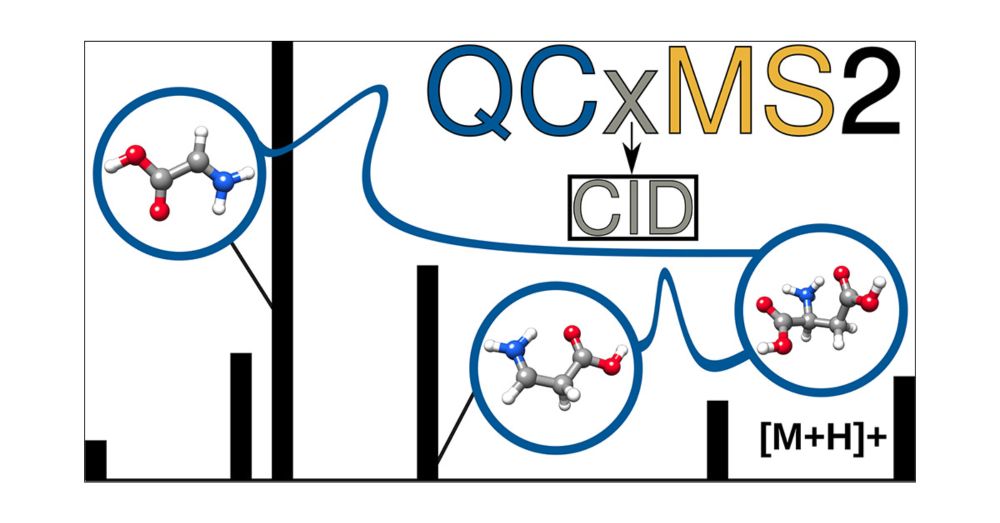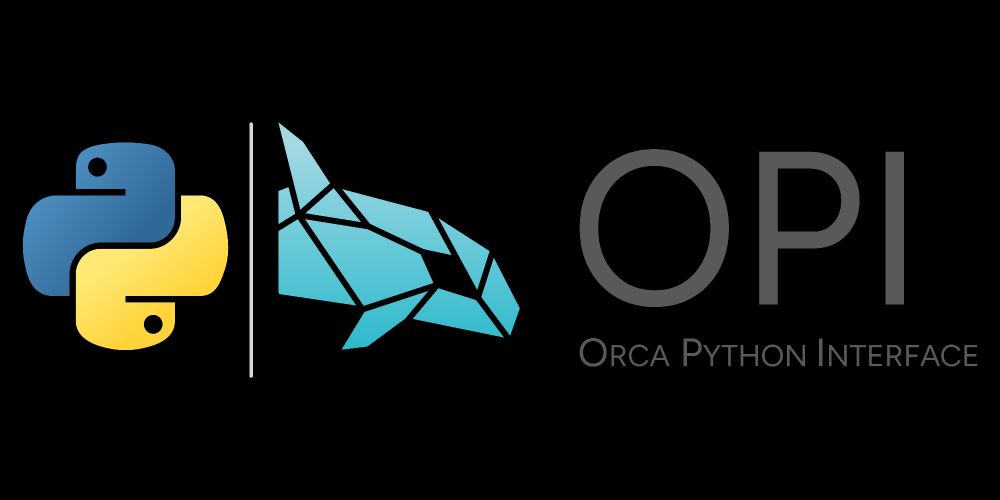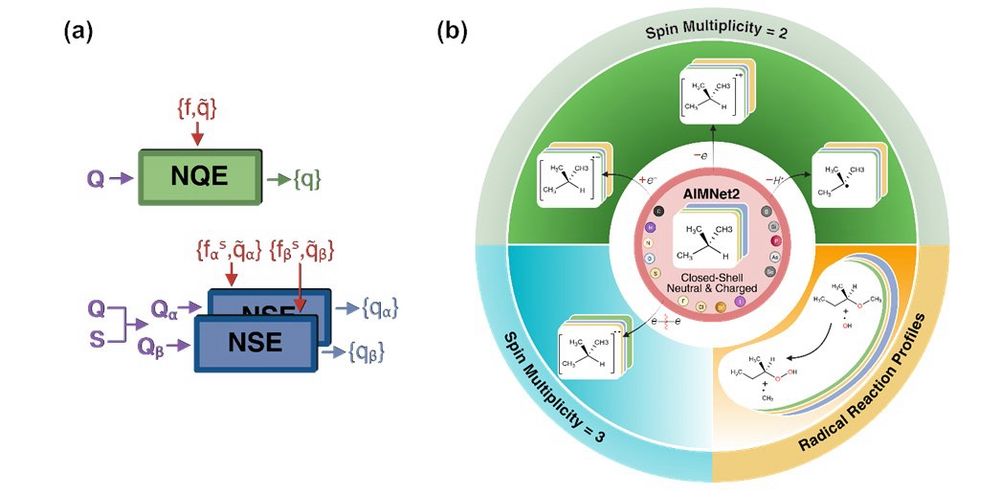FACCTs
@faccts.de
710 followers
2.1K following
86 posts
FACCTs is bringing the ORCA quantum chemistry software to industry - promoting the next Quantum leaps in the Pharma, Materials and Chemical Industries.
Visit us at www.faccts.de
Posts
Media
Videos
Starter Packs
Reposted by FACCTs
Avogadro Project
@avogadro.cc
· 23d
FACCTs
@faccts.de
· 29d
Johannes Gorges
@jogorges.bsky.social
· Sep 8

Evaluation of the QCxMS2 Method for the Calculation of Collision-Induced Dissociation Spectra via Automated Reaction Network Exploration
Collision-induced dissociation mass spectrometry (CID-MS) is an important tool in analytical chemistry for the structural elucidation of unknown compounds. The theoretical prediction of the CID spectra plays a critical role in supporting and accelerating this process. To this end, we adapt the recently developed QCxMS2 program originally designed for the calculation of electron ionization (EI) spectra to enable the computation of CID-MS. To account for the fragmentation conditions characteristic of CID within the automated reaction network discovery approach of QCxMS2 we adapted the internal energy distribution to match the experimental conditions. This distribution can be adjusted via a single parameter to approximate various activation settings, thereby eliminating the need for explicit simulations of the collisional process. We evaluate our approach on a test set of 13 organic molecules with diverse functional groups, compiled specifically for this study. All reference spectra were recorded consistently under the same measurement conditions, including both CID and higher-energy collisional dissociation (HCD) modes. Overall, QCxMS2 achieves a good average entropy similarity score (ESS) of 0.687 for the HCD spectra and 0.773 for the CID spectra. The direct comparison to experimental data demonstrates that the QCxMS2 approach, even without explicit modeling of collisions, is generally capable of computing both CID and HCD spectra with reasonable accuracy and robustness. This highlights its potential as a valuable tool for integration into structure elucidation workflows in analytical mass spectrometry.
doi.org
Reposted by FACCTs
Grimme Lab
@grimmelab.bsky.social
· Sep 3

Chemical Space Exploration with Artificial “Mindless” Molecules
We introduce MindlessGen, a Python-based generator for creating chemically diverse, “mindless” molecules through random atomic placement and subsequent geometry optimization. Using this framework, we ...
doi.org
FACCTs
@faccts.de
· Aug 26
FACCTs
@faccts.de
· Aug 26
FACCTs
@faccts.de
· Aug 25

A Two-Level Preconditioner for the CASSCF Linear-Response Equations
We present an efficient two-level strategy to accelerate the solution of the CASSCF linear-response eigenvalue problem using a customized Davidson algorithm. By identifying a subset of important response-vector components─the so-called P space─we compute and diagonalize full Hessian and metric matrix elements while treating the remaining Q-space components with a diagonal approximation. This approach decouples the orbital and configuration responses, enabling independent preconditioning of each component. Computational cost is further reduced through the resolution-of-the-identity approximation. We demonstrate significant performance gains across a diverse set of molecules, achieving speedups of up to 2.05 compared to the standard diagonal preconditioning. The largest efficiency gains are observed for MCTDA calculations involving many excited states and relatively small response-vector lengths. The two-level strategy is available in ORCA 6.1 and paves the way for extensions to dynamic polarizabilities, which require solving large-scale linear equations, as well as to time-dependent density functional theory and CI singles.
doi.org
FACCTs
@faccts.de
· Aug 19

Pericyclic Umpolung in a Catalytic Asymmetric Diels–Alder Reaction of Tropone with Enol Ethers
One remarkable feature of catalysis in chemical synthesis is its capacity to override substrate-imposed reactivity and selectivity. The inversion of normal reaction patterns, commonly known as Umpolun...
doi.org
FACCTs
@faccts.de
· Aug 16
FACCTs
@faccts.de
· Aug 8
Reposted by FACCTs
Tim Schramm
@tkschramm.bsky.social
· Aug 7

Expanding the PCET Thermochemistry of CpN3: N–H Bond Strengths of Metal-Free CpN3 Molecules and the Influence of Fe(CO)3 Coordination
Amine rich cyclopentadienyl (CpN3) ligands are electronically distinct from classical Cp ligand architectures, as they exhibit fascinating proton-coupled electron transfer (PCET) chemistry under acidi...
doi.org
Reposted by FACCTs
FACCTs
@faccts.de
· Aug 4

Excited-state methods based on state-averaged long-range CASSCF short-range DFT
In the present work we propose two distinct state-averaging (SA)-based methodologies for the calculation of excited states, in conjunction with the long-range complete active space self-consistent fie...
doi.org
Reposted by FACCTs
FACCTs
@faccts.de
· Jun 25
Reposted by FACCTs
Lucas Lang
@llangresearch.bsky.social
· Jun 24

Treating Spin–Orbit Coupling and Spin–Spin Coupling in the Framework of the Iterative Configuration Expansion Selected CI
Spin-adapted configuration state functions (CSFs) provide a compact many-electron basis for open-shell molecules. This basis is employed in one flavor of the recently introduced iterative configuratio...
pubs.acs.org








